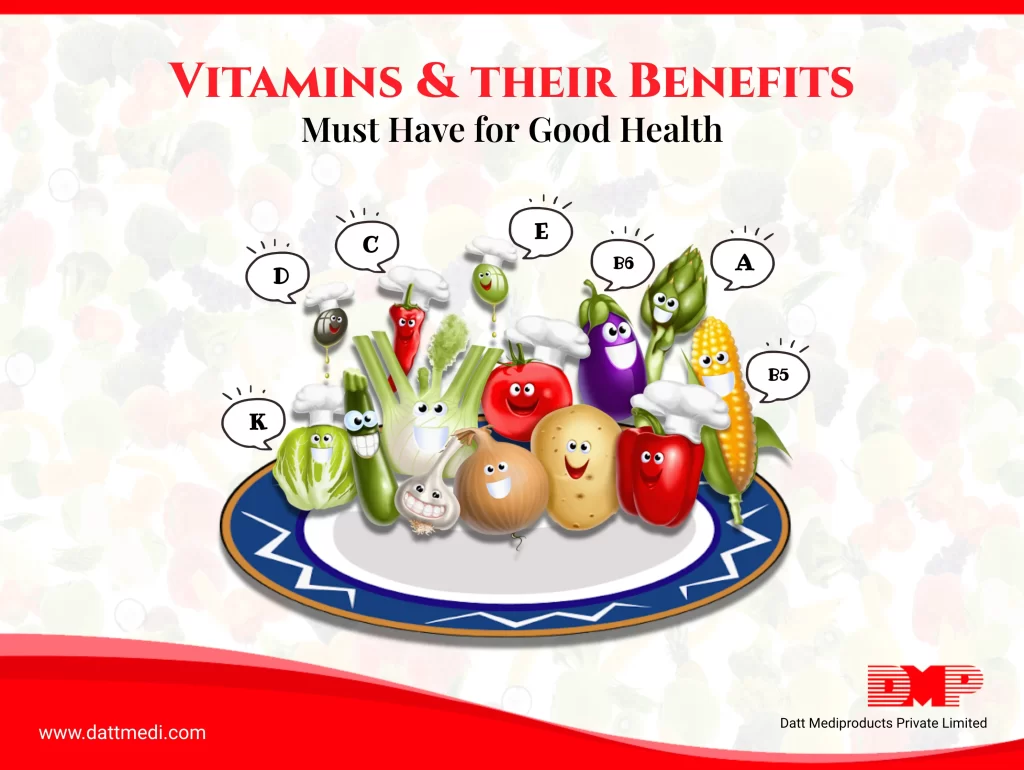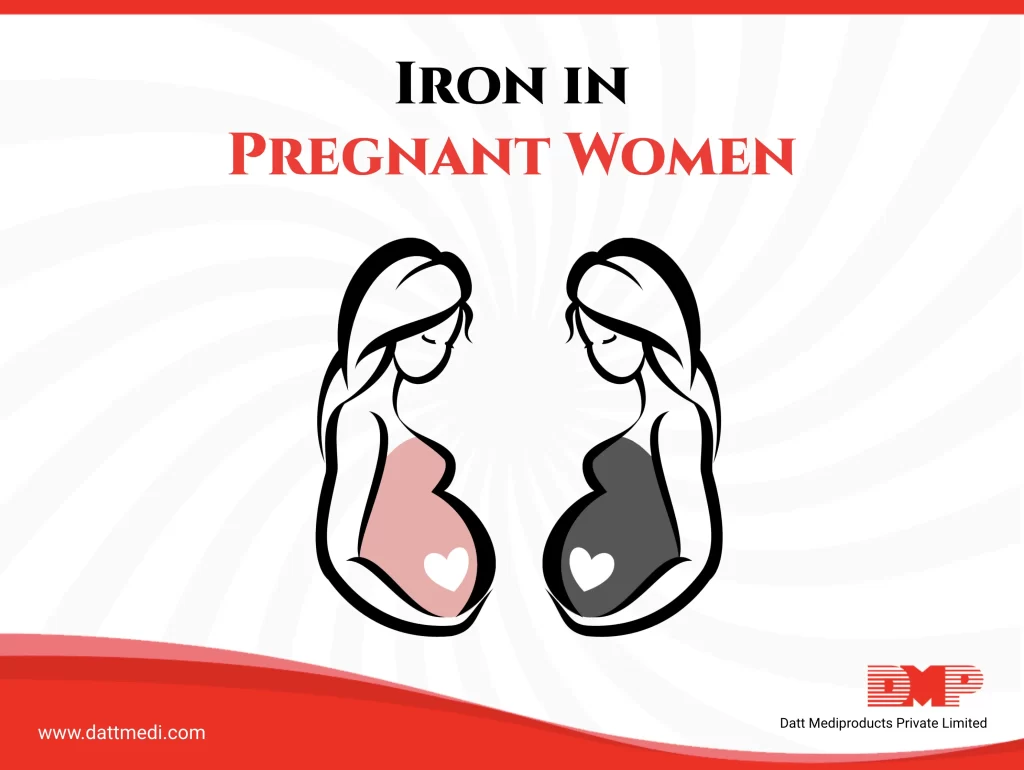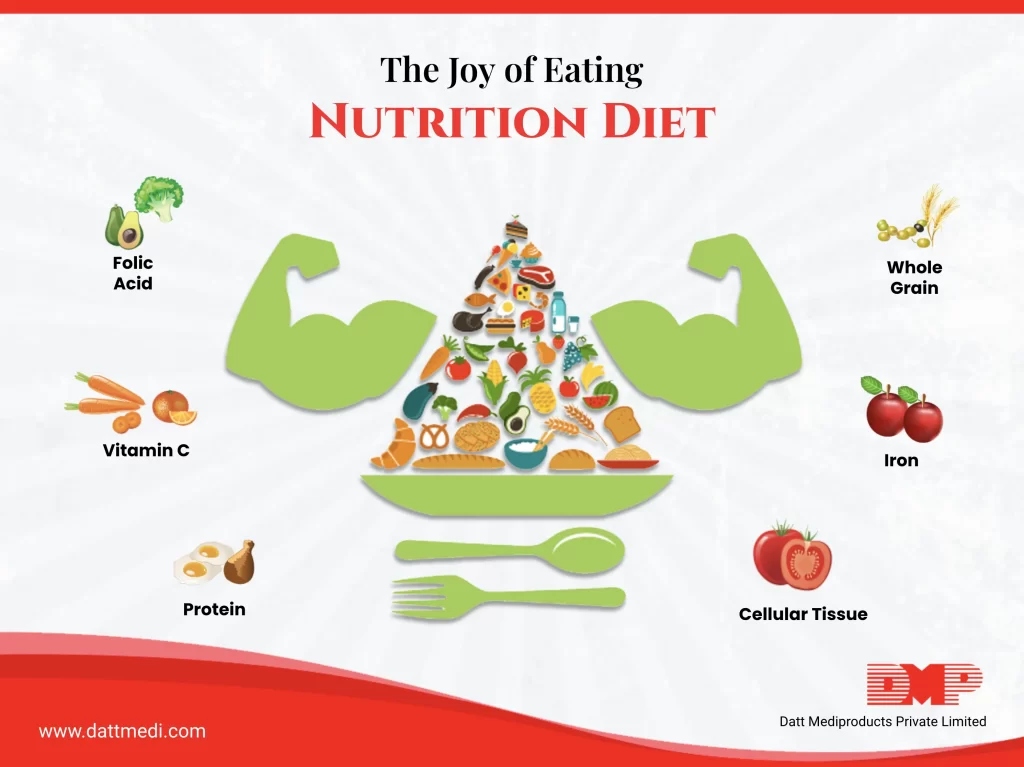
Vitamins are one of those essential nutrients which contribute to a healthy life. These are required in small quantities but are vital for the normal functioning of the body. Vitamins are involved in several biological processes of the human body. Their roles include growth, digestion, and nerve functions.
We get vitamins from the foods we eat but when our daily needs are not fulfilled, we need to take supplements. Some doctors may even recommend vitamins for certain health indications, during pregnancy or if breastfeeding, aging, nutrition deficiencies, or following certain eating habits.
There are 13 types of vitamins which the human body needs, but they are categorized into 2 types:
● Water-Soluble Vitamins:
These can be easily absorbed in the human body and those in excess are comfortably removed with the help of kidneys. Vitamin B3, B6, C, and Folic
acid fall under this category.
● Fat-Soluble Vitamins:
These vitamins require bile juices to get absorbed. The body even stores these for future use. Vitamin A & D are considered as fat-soluble vitamins.
Now let us talk about the individual vitamins, sources, and their roles in the human body.
Vitamin A, it’s vital for the health of your skin, vision, and skeletal tissues. These include retinol and carotenoids which act as antioxidants. These may be found in eggs, fish, cheese, carrots, spinach, sweet potatoes, etc.
Vitamin B1, also called thiamin, assists the body to metabolize food into energy. It’s also critical for nerve function, maintaining healthy muscles, hair, brain, and skin. Thiamin may be found in pork chops, brown rice, soymilk, squash, watermelons, etc.
Vitamin B2, or Riboflavin, functions in a similar way as B1 and can be found in dairy products, green leafy vegetables, grains, and cereals.
Vitamin B3 or Niacin occurs naturally in food, works similar to B1 & B2 with its role in healthy blood cells.
Vitamin B5 or Pantothenic acid helps convert food to energy, makes fats,
hemoglobin, neurotransmitters and steroid hormones. Available in a wide variety of nutritious foods like mushrooms, avocados, eggs, whole grains, chicken, and tomato.
Vitamin B6 or Pyridoxine helps make RBCs, and serotonin important for regulating sleep, appetite, and moods. It even impacts immunity and cognitive functioning. It can be found in non-citrus fruits like bananas, soy products, tofu, legumes, potatoes, etc.
Vitamin B7 or Biotin assists in metabolic processes, healthy bones, and hair. Found in whole grains, meat, soybeans, etc.
Vitamin B9 or Folic acid helps in the proper functioning of the nervous system, can be found in fortified cereals, asparagus, legumes, spinach, broccoli, etc.
Vitamin B12, mecobalamin. It aids in making new cells, RBCs, neurons, DNA, and protecting nerve cells. Present in dairy products and fortified cereals. People following a vegetarian or vegan diet are mostly deficient in this vitamin and may need to take supplements. Lack of this vitamin can cause some serious conditions like dementia, neuropathy, and memory loss.
Vitamin C or Ascorbic acid is found mainly in citrus fruits and acts as an antioxidant. It helps makes collagen, neurotransmitters, aids in wound healing, and boosts the immune system. 11. Vitamin D assists in calcium absorption, maintaining healthy bones, and proper immune function. Found in fatty fish, milk, etc. Our body utilizes sunlight to make vitamin D.
Vitamin E or alpha-tocopherol acts as an antioxidant that protects our cells against free radicals bolsters immunity and may also prevent Alzheimer’s. Found in a variety of foods like whole grains, nuts, green leafy veggies, vegetable oils, etc.
Vitamin K helps in blood clotting and keeps the heart healthy and bones strong, as it activates certain proteins and calcium required in doing so.
Do you know keeping vitamin K intake becomes crucial if you are on anticoagulant therapy?
You may follow us @dattmediproducts or visit www.dattmedi.com for more health-related information.




